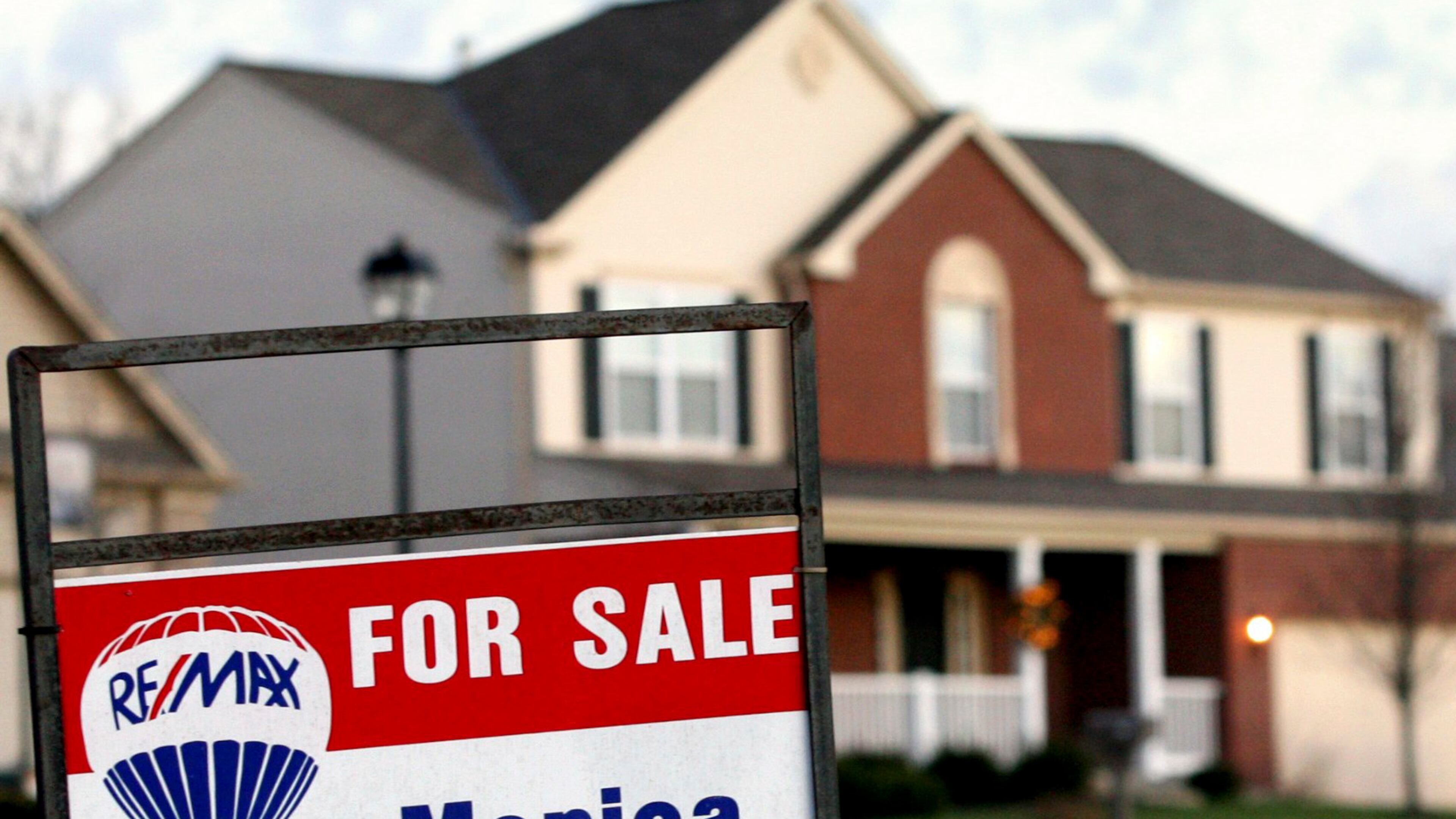Opinion: Work together as region on housing affordability

Back in 2014, on my first day as an Atlanta city councilman, I was named chairman of community development and appointed to the boards of Invest Atlanta and the Beltline. Talk about a trial by fire!
In my third month, I attended a Betline board meeting where they shared a previous year’s scorecard showing a significant lag in fulfilling affordable housing objectives. Oddly enough, 30 minutes later, a vote came up seeking approval for a development that would not provide any affordable housing units.
The board debated the sale for an hour. But in the end, the developer was allowed to move forward. The vote was unanimous. That’s right, we all voted to allow this to happen.
Why did I do it? Chalk it up to being a freshman councilmember. But this was not how I had intended to lead. I was disappointed in myself.
Less than a week later, the very same Beltline development went before the Invest Atlanta board. This time, though, I worked harder to amend the deal.
I was able to make changes to direct all the proceeds from the land sale – about $500,000 – toward affordable housing efforts. That money was then matched and used to rehab houses owned by seniors along the Beltline, which helped to keep people from being displaced.
Then, I passed legislation for all deals requiring approval by development authorities in Atlanta to designate a portion of their housing as affordable units.
This was meaningful progress. But it was also just a start.
To truly tackle this issue, we must take steps now to address local affordable housing needs, view affordable housing as a regional issue, and work together, as a region, on collective impact models that can create lasting, systemic change.
To the first point, consider the city of Atlanta. It’s clear we have a housing affordability problem. Fortunately, we have developed several policies and are working on others to create and preserve more affordable housing.
In 2015, for example, I came across the concept of inclusionary zoning, which requires new developments to include a certain percentage units that are affordable to low or moderate-income residents. Last year, my Council colleagues unanimously approved inclusionary zoning legislation for the Beltline and Westside communities.
Eventually, I began to see how policy directions in Atlanta had the potential to be useful for our neighbors across the region.
Which leads me to my second point: This is a regional concern. About half of metro Atlanta renters are cost burdened – that is, spending over 30 percent of their income on housing.
And the trends are troubling. Most of the housing built in the last six years has been in the luxury category. Meanwhile, wages have only increased 10 percent, while rental costs have increased nearly 50 percent.
Many policy and programmatic solutions can help move us in the right direction. But first, we must assess the problem from a regional perspective. The good news: The Atlanta Regional Commission is collaborating with leaders and housing experts from across the region to start down this path.
Which brings me to my third point: A successful housing affordability strategy requires a collective impact approach, where we are all at the table.
Communities around metro Atlanta are already taking a stand for affordable housing. Places like Sandy Springs, where Mayor Rusty Paul has cautioned against allowing his city “to become bifurcated rich and poor.”
Brookhaven, meanwhile, turned down a lucrative deal because it didn’t’ have the right housing mix. Buckhead is undertaking a process to understand how housing price mix affects transportation and traffic issues. And Atlanta Mayor Keisha Bottoms has issued a $1 billion affordable housing goal.
Housing isn’t just about buildings and profit. It’s about people. And this problem doesn’t just impact people in poverty, it impacts all of us.
Metro Atlanta’s competitive edge as an affordable region for attracting future jobs and economic growth is at risk. We can’t stand idly by and let this issue get any further away from us.
The time to act is now.
Andre Dickens is a member of the Atlanta City Council.
More Stories
The Latest


